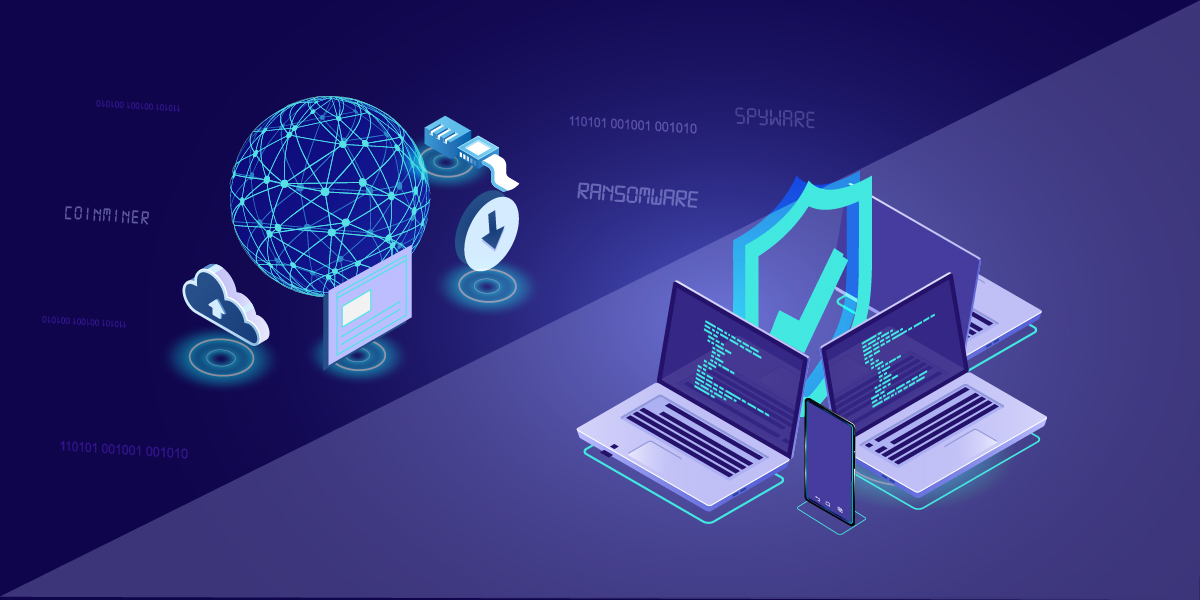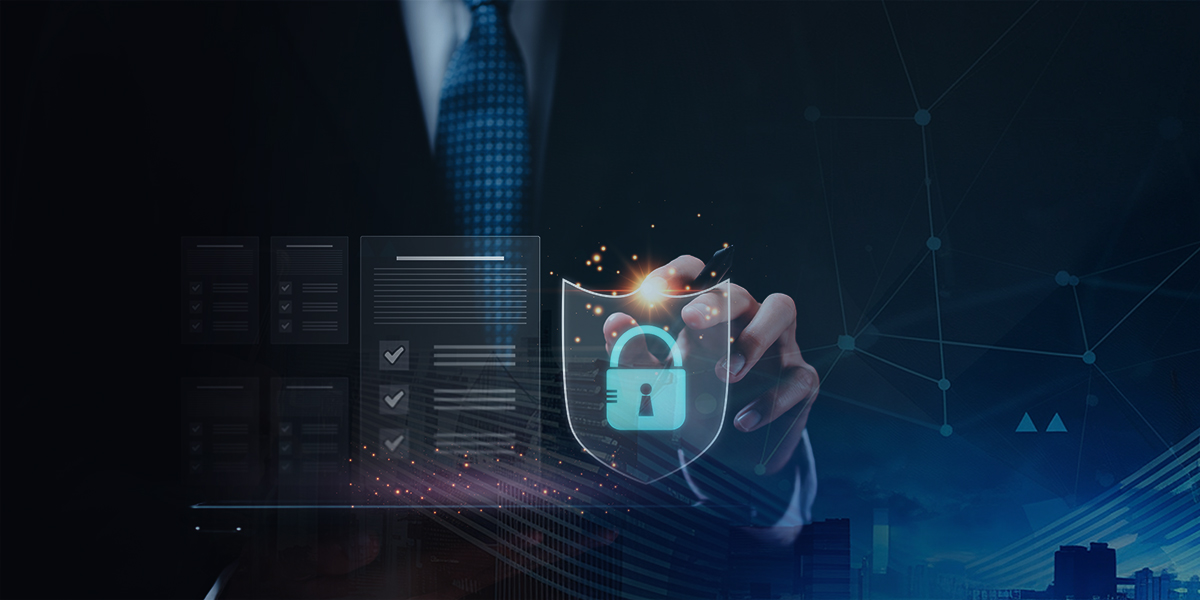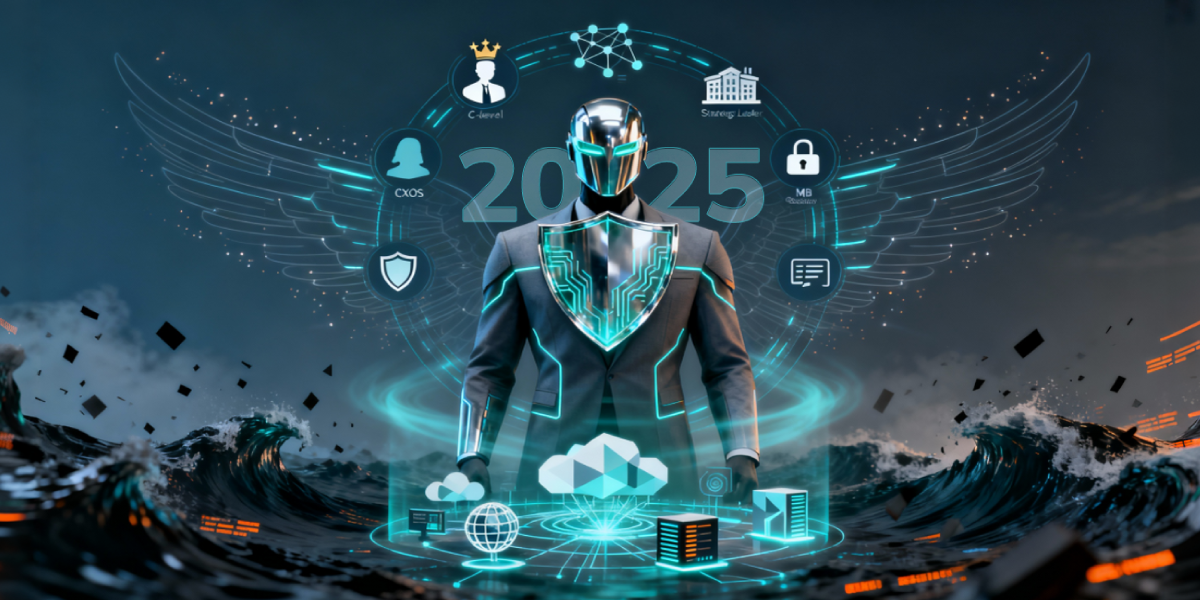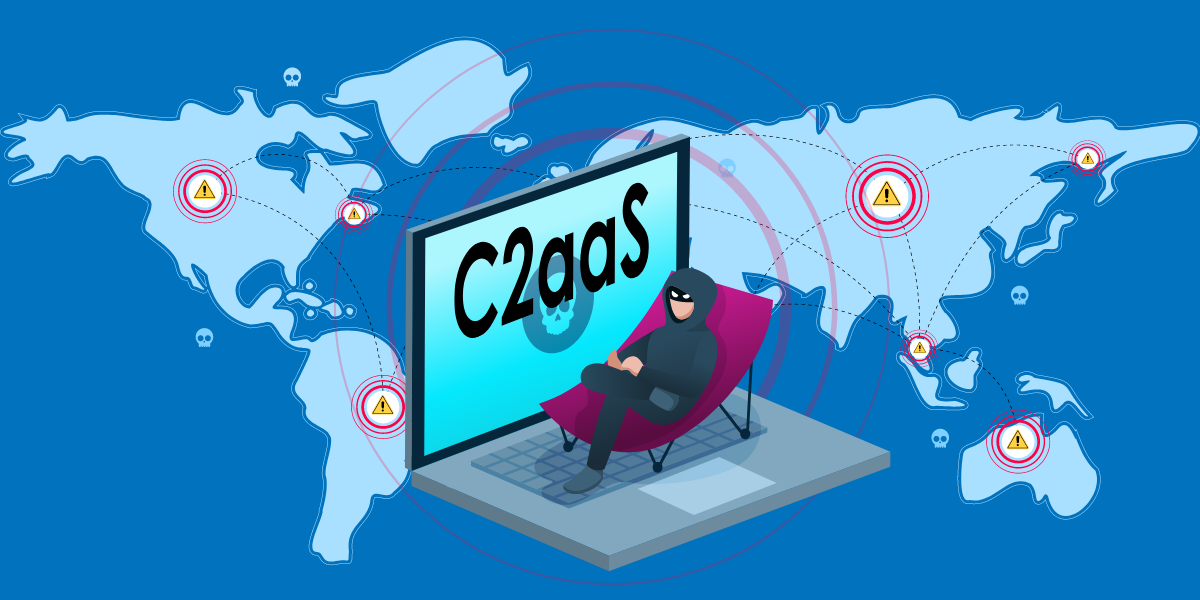In the ubiquitous world of Internet, user safety is becoming synonymous to a myth. Cybercriminals, lurking in the dark alleys of the Internet, are developing hundreds of thousands of baits to act as a decoy for legitimate users. They create traps through posts on social media, fake websites, malicious browser plugins, and apps.
With the ever-growing dependence on the Internet, the risks are significant. It’s time to understand the associated risks and take adequate means to safeguard oneself. Here go a list of safety tips which you should add in your everyday to-do list and secure your digital life.
We list below a few of the security measures that will keep your data safe:
Timely Browser Update
All popular web browsers roll out regular updates to patch up any vulnerabilities before cybercriminals exploit it to snoop around. Your device browser must be up to date to ensure a safe experience. Thankfully, most internet browsers offer a self-update feature. Ensure the option is turned on.
A Tale of Cookies
Cookies are browsing information stored in files which are used later to offer customized internet experience to the user. Often, cookies help users with precise search results. However, it can also leave you in trouble too if you don’t know how to manage them. Though cookies can’t transmit malware in the system, cybercriminals design malware disguised as cookies. Blocking all cookies in your device browser may not be a great idea, and it might make your browsing experience difficult. We recommend you to restrict third-party cookies from the browser settings to be safe for a smooth browsing experience.
Know Your Plugins
Modern web browsers offer a broad range of services. Popular browsers like Chrome, Firefox, and Opera hosts a fully-fledged plugin store such as Google Play or iTunes App store to offer a variety of functions directly on the platform. The plugins provide moving services, but on the other hand, there exists a pool of malicious apps disguised as plugins. One common sign of such infected plugins is displaying weird text. To get rid of unnecessary add-ons, regularly check the list of installed add-on/plugin via the browsers settings section and remove the unused plugins.
Importance of Private Browsing
Every web browser offers private or incognito browsing mode to surf the Internet anonymously. Unlike regular browsing, private browsing sessions doesn’t track your search data or accumulate cookies. To be on the safer side, one should adopt a practice of using private mode as much as possible to remain invisible from the prying eyes.
Think Before You Click
Cybercriminals use numerous techniques to deceive users for installing the malware in a system, and phishing counts as one of the oldest and convenient methods. Millions of internet users fall prey to such attacks every single day. To safeguard yourself from such attacks, you should hover over the links before clicking. And if you feel anything suspicious delete it straight away from the device.
Be Careful About Your Downloads
Applications counted as one of the most common infection vectors to malware developers. You will find tens and hundreds of free software from not-so-known developers or a massive number of premium software with a serial key at the torrent websites. Many people download counterfeit software in order to circumvent paying for access. There is a strong possibility that malicious codes/viruses are embedded in such software. To be safe, never download anything from websites or vendors you never heard. Even if you see some good-to-go freeware somewhere, do a quick research on the Internet to know more about its reputation before getting baited.
Never Say No to Security Software
Premium security software usually come up with tons of must-have utilities. They have the potential to stop most of the Internet-based threats, block malicious websites, malware, and scan emails to safeguard you from phishing attacks. For instance, the K7 AV Premium, K7 Internet Security, K7 Total Security, and K7 Ultimate Security come up with essential features such as anti-ransomware, smart firewall, Wi-Fi Advisor, Intrusion Detection and Protection, Website Filtering, Browser Protection, Anti-Spam, Malicious and Phishing Site Blocker, Identity Protection and much more. Ensure you have adequate safeguards installed on your system and keep it regularly updated.











